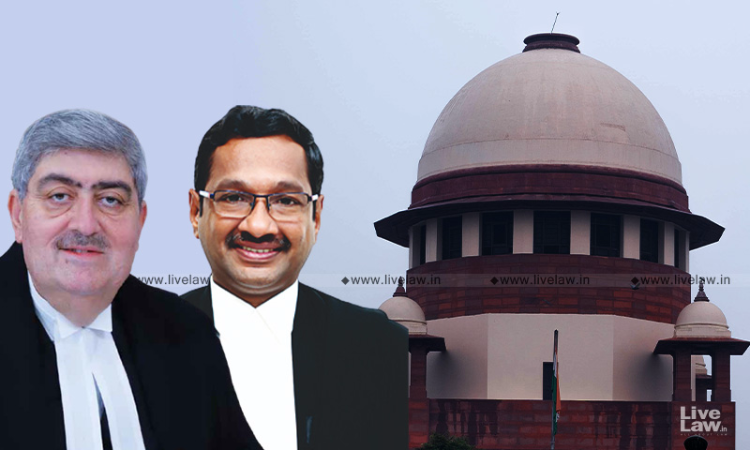Leave To Defend U/Sec 25B Delhi Rent Control Act Cannot Be Granted To Tenant On Mere Asking : Supreme Court
LIVELAW NEWS NETWORK
7 April 2022 9:55 PM IST

Next Story
7 April 2022 9:55 PM IST
The Supreme Court observed that a leave to defend under Section 25B of Delhi Rent Control Act, 1958, cannot be granted on mere asking and a tenant has to put in some material of substance to the extent of raising a triable issue.The object behind Section 25B is facilitating not only the expeditious but effective remedy for a class of landlords, sans the normal procedural route, the...
